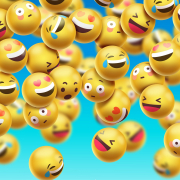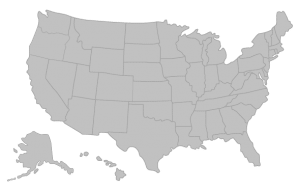Did I Hear That Right?
Some languages have words that sound very similar to amusing or naughty words used in the English language, but the spelling and meaning are completely different. Oxford Dictionaries believes that these words can sometimes be “a great source of amusement.” When travelling to different countries, try to gain your composure if anyone uses the following words in a sentence.
- Biche. In French, this is a sweet little doe.
- Prick. When in Sweden, this means a dot, a check, or a spot.
- Faca. Relax, it’s just the Portuguese work for knife.
- Dick. It sounds rude, but it just means thick or fat in German.
- Drug. And everyone needs a good one in Russian; it means friend.
Then there are the words that are just simply surprising. As Thrillist says, one must “keep an open mind when traveling overseas” because some of the most innocent words there can translate into something hilarious elsewhere, such as:
- Dickmilch – Try to not giggle when the waitress offers you dickmilch pancakes; it’s only the German word for buttermilk.
- Slutspurt – When there’s a slutspurt at the local mall, all the thrifty people come running. It means final sale in Swedish.
- Slagroom – No, this isn’t the place where they take you to sleep off a hangover. It means whipped cream in Dutch, but it’s the most unappealing word for something edible that we’ve ever heard.
- Die, die, die…Alsjeblieft – A phrase that is quite common in toddler-speak. Though it might sound like something that Damien from The Omen would say, it actually means That one, that one, that one…please in Dutch.
When You Need Someone to Help You Understand
Looking at this list helps drive home the point of how important proper translation is. When someone asks if you’re taking a fahrt, you better hope that you have someone reliable to explain to you what that means (a trip, ride, or drive in German). With our mobile content and website translation services, you’ll never choke on your gum when a French client tells you how beautiful the coques are on the shore of Etang de Berre (seashells; it means seashells).
We take pride in our professional translators. They know the languages just as well as the locals because they are locals; they are hand-picked from all over the world. And they are chosen for their area of specialization so if you need to know about agro-food in Arabic, technology terms in Turkish, or gastronomy in Greek, there’s a translator just for you. Call or email us today.






















Leave a Reply
Want to join the discussion?Feel free to contribute!